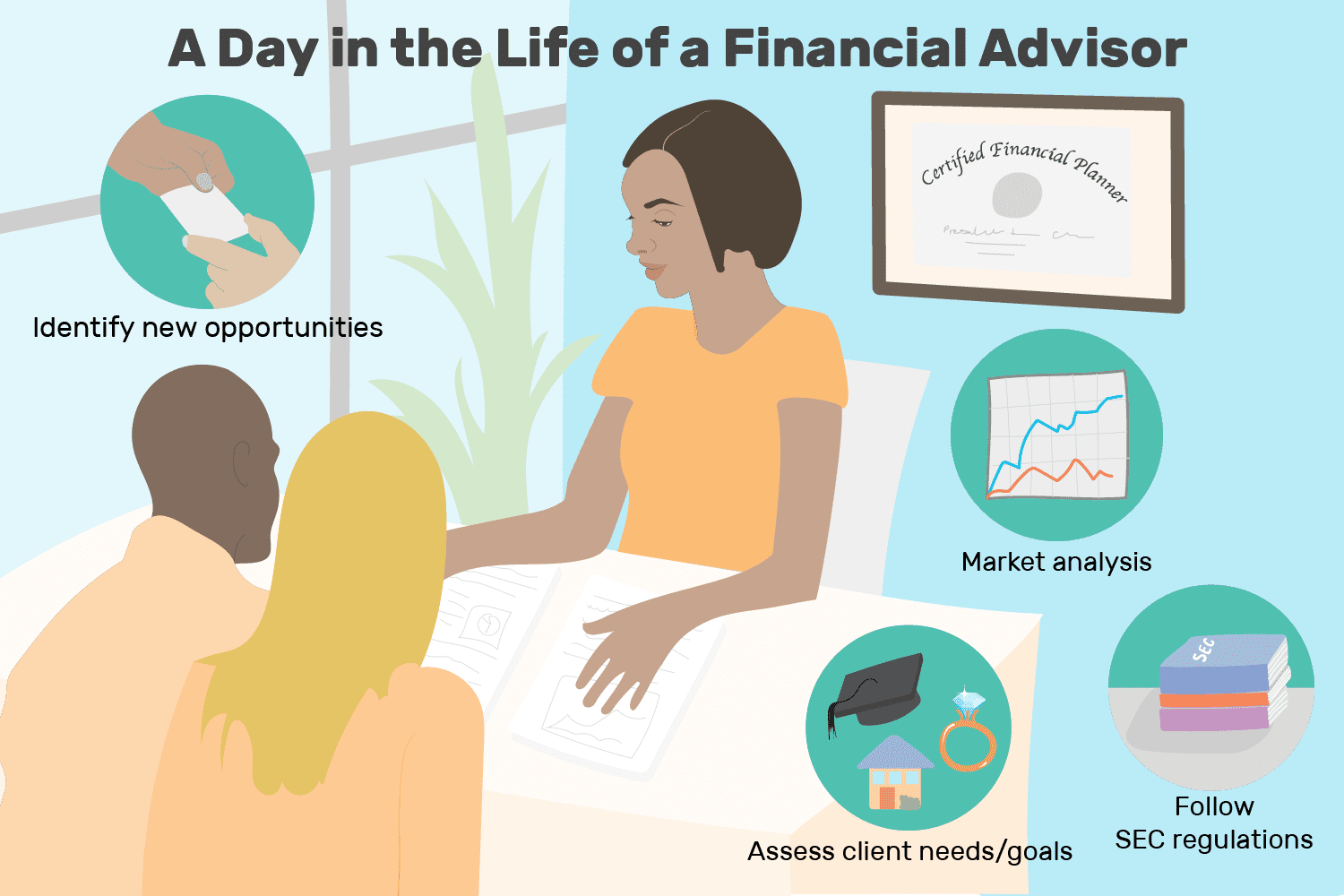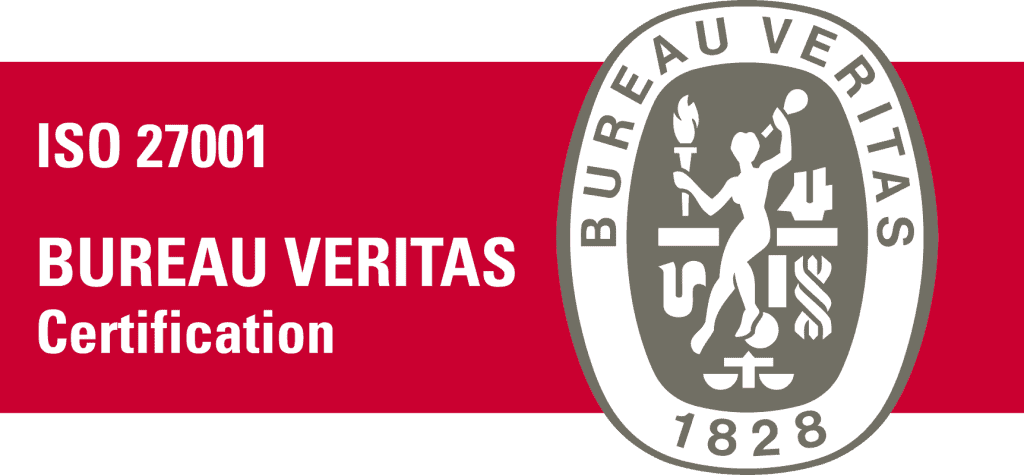
Consultants are professionals who advise companies on different aspects of their business. Consultants who work in the lower levels of the pyramid usually understand their work better and are often more sought-after by clients. Many people aspire to rise to higher levels. Below are job descriptions and information for various types of consulting jobs.
Business consultant job description
A business consultant helps companies find ways to improve their operations. This can include helping the company merge with another company or make other structural changes. They can also be a support role for middle management in transition periods, helping to improve day-to-day operations. A business consultant will conduct an audit of the company's operations to identify problems. A consultant can help the company find new ways to improve production and make the organization more efficient.
A business consultant is someone who works for a company on a contract or permanent basis. These consultants are usually experts in their industry and use that knowledge to improve a company’s operations. They often meet with executives and department heads to discuss business goals and identify areas for improvement. They also conduct assessments and help companies develop ongoing budgets.

How to choose a consulting firm
If you are looking for help with your business, a consulting firm can be a great resource. These firms specialize in finding solutions to business problems. They can also offer advice and guidance on running a business. The success of your business depends on the selection of the right consulting company. You must ensure that the firm is qualified and has the appropriate experience for your specific needs.
Consulting firms should be cost-effective and deliver results that are in your best interest. Avoid large, sprawling firms that charge high fees and promise everything. You need someone who can solve your problem. The firm should be capable of assessing your business problem, evaluating all of your options, and delivering the results that you need.
Culture is also important. Choosing a consulting firm that doesn't share your culture can create conflicts and challenges halfway through the project. Check with the company to make sure that you're a good cultural match. Doing so will help you work more effectively with them and create a better client-consultant rapport.
Selecting a specialty area
Your brand can be built by choosing a specific area of expertise for your consultant definition company. A single focus can increase productivity and reduce costs. You should choose an industry that's stable and growing. You won't be outdated if you choose an industry that is stable and growing. Your brand will be stronger if you choose a niche.

The decision to specialize in one area will help you limit the scope of work you take on, and it will also allow you to charge a higher fee. Clients will pay more for your knowledge and expertise in one area.
FAQ
What qualifications does a consultant need?
It is not enough to have an MBA degree. You must also have experience as a consultant. You should have at least two years of experience in consulting and/or training for a major company.
Your experience in strategy development projects requires that you work closely with senior managers. This will require you to be comfortable sharing your ideas with clients and getting their buy-in.
You'll also need to pass a professional qualification exam such as the Chartered Management Institute's Certified Management Consultant (CMC) certification.
How did modern consultancy become possible?
The first consultants were accountants that helped companies manage finances. Because they were skilled in managing financial information, they became "accounting consulting". This role quickly expanded to include human resource management.
The term "consultant" came from the French word for "to advise." It was used by businessmen to describe someone who could offer advice on how to run an organization. Today, business owners still use the term consultant to refer to any type of professional advisor.
Can I get a degree as a consultant?
You can become an expert in any subject by learning the subject thoroughly, then applying what you have learned.
Start studying today if you want the skills to be a great manager!
It may be difficult to get hired if your degree is not accompanied by relevant work experience. But, if your qualifications are comparable to those who have been hired, you might still be eligible to apply.
But remember, employers will always look for candidates with real-world expertise.
Statistics
- On average, your program increases the sales team's performance by 33%. (consultingsuccess.com)
- According to IBISWorld, revenues in the consulting industry will exceed $261 billion in 2020. (nerdwallet.com)
- WHY choose me: Why your ideal client should choose you (ex: 10 years of experience and 6-week program has helped over 20 clients boost their sales by an average of 33% in 6 months). (consultingsuccess.com)
- My 10 years of experience and 6-step program have helped over 20 clients boost their sales by an average of 33% in 6 months. (consultingsuccess.com)
- So, if you help your clients increase their sales by 33%, then use a word like “revolution” instead of “increase.” (consultingsuccess.com)
External Links
How To
How To Find The Best Consultant?
It is important to first ask yourself what you expect from a consultant when searching for one. Before you start looking for someone to work with, it's important that you know your expectations. Before you start looking for a consultant, make a list. This might include skills such as project management, professional expertise, communication, availability, and technical skills. Once you've listed out these requirements, then you may want to consider asking some friends or colleagues who they would recommend. Ask your friends or colleagues about any negative experiences they have had with consultants, and compare their recommendations with yours. If you don't have any recommendations, try doing some research online. There are many websites, such as LinkedIn, Facebook, Angie's List, Indeed, etc., where people post reviews of their previous work experiences. Use the feedback and ratings of others as a starting point to search for potential candidates. Once you have a shortlist, be sure to contact potential candidates directly to schedule an interview. During the interview, you should talk through your requirements and ask them to explain how they can help you achieve those goals. It doesn't really matter if they were recommended; as long as they understand your business objectives, they will be able to show how they could help you achieve them.